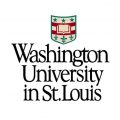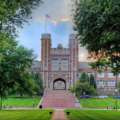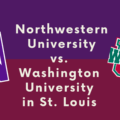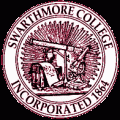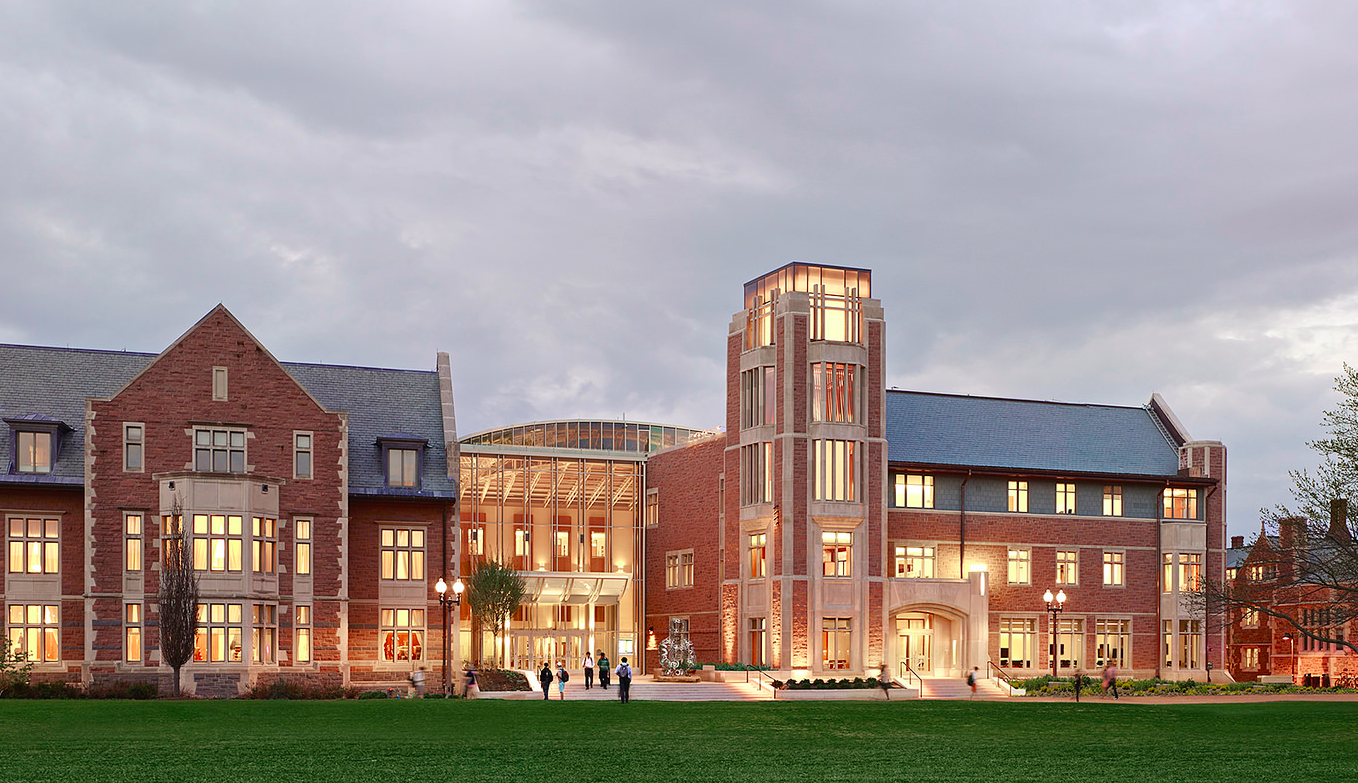 December 14, 2019 Note: The below article is about the 2018-2019 admissions cycle. The only information yet published out of St. Louis about the 2019-2020 admissions cycle is that Wash U. has accepted 708 students Early Decision I (EDI). Check this space for more information about the Wash U. 2019-2020 admissions cycle as we have it. If Wash U. follows trends from the Ivies, and if its lack of any major press release to date is any indication, it’s very possible that Wash U. saw a decrease in the number of students applying this fall.
December 14, 2019 Note: The below article is about the 2018-2019 admissions cycle. The only information yet published out of St. Louis about the 2019-2020 admissions cycle is that Wash U. has accepted 708 students Early Decision I (EDI). Check this space for more information about the Wash U. 2019-2020 admissions cycle as we have it. If Wash U. follows trends from the Ivies, and if its lack of any major press release to date is any indication, it’s very possible that Wash U. saw a decrease in the number of students applying this fall.
Ronné P. Turner, Washington University in St. Louis’ Vice Provost of Admissions & Financial Aid, informed counselors on Thursday, February 13, 2019 that inclusive of the university’s two Early Decision rounds and its QuestBridge rounds during this admissions cycle, the selective private Missouri university, “reviewed over 3,000 applications – a 70 percent increase from years past.”
For more clarity and context, last year during its one Early Decision round of admission, Wash U. reviewed 1,850 applications.
Wash U. has been selective for a long time, but this was the first year that Wash U. offered ED II. With the university accepting 250 students on Thursday when its ED II decisions were released, Wash U. anticipates that 60 percent of its first-year class – the Class of 2023 – will be populated by students who were accepted before Regular Decision. Last year only 40 percent of students enrolling in the university’s Class of 2022 were accepted ED. Turner did not provide any specific breakout information regarding Questbridge applications or acceptances.
This year, as in past years, students who applied Regular Decision will get their decisions by April 1, 2019.
Interestingly, despite being a hyper-selective university with an overall acceptance rate in the mid teens, some of those students accepted to Wash U. so far in this year’s admissions cycle will be required to attend the university’s First-Year Summer Academic Program from June 8, 2019 through July 13, 2019. According to Turner, “this is solely to help with the transition from high school to college. Their admission is contingent upon attendance/successful completion of this five-week program.” The First-Year Summer Academic Program “gives a select group of students the opportunity to ensure their readiness for STEM and pre-med coursework as well as to improve their critical reading, writing, and study skills. Students attending FSAP may be among the first in their family to attend college or coming from high schools with limited AP/IB offerings,” according to the university.
